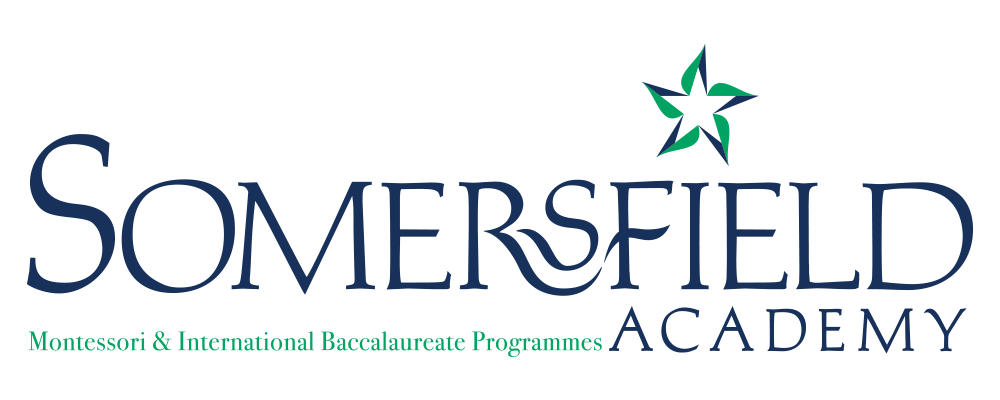US academic aims to expose youth to wonders of science
A US academic is visiting Bermuda to encourage Black students to pursue careers in the sciences.
Vernon Morris, a professor of chemistry and environmental sciences and the director of the School of Mathematical and Natural Sciences at Arizona State University, has mentored more than 200 students, while his programmes have reached more than 50,000 students worldwide.
Dr Morris will be giving presentations at CedarBridge and Somersfield academies, and a lecture at the Bermuda Underwater Exploration Institute.
He said that he faced many challenges while pursuing his academic ambitions while growing up.
He said: “I was never in a science fair because I wasn’t selected to participate. There were a number of barriers but one of the constants was that my mother was a teacher, and so having someone who believed in my intellect and my potential was important because if it had not been for that I would have taken the message that I was given by the schoolteachers that I do not belong in science.
“The system has to change, but you have to have folks both inside the system and outside the system inspiring that change.“
“What I find at least in the US is we’re almost addicted to our technology but the underlying principles, access to the innovation that it takes to generate new technologies and use those technologies to ask different questions about the world, there’s less engagement there.
“I think there are a variety of reasons for this. I think understanding what the careers are in those areas and what it means to be a scientist, the representation is very poor in those areas.
“And then the access to those — whether it be looking for people who look like you — we know that there are Black astronauts, for example.
“When you get into the field, what we’re finding is that a lot of Black, brown, Indigenous scientists feel very isolated and so it’s a combination of seeing yourself there and getting access to that path and then staying there once you get there.
“Each stage is fraught with challenges that are differentiated depending on how you look or how you identify. It’s similar for women and the disabled.
“In understanding that those things exist, the scientific community has to do things differently, and then it can be a lot more inclusive.”
Dr Morris was invited to Bermuda by the US Consulate in partnership with the Bermuda Institute of Oceanic Sciences and the BUEI.
This article was originally published on www.royalgazette.com. Photograph by Blaire Simmons.

